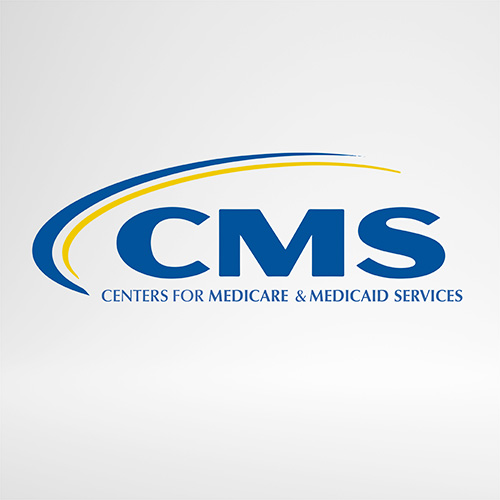By Yolanda Sims, JD, MHA
Loss Prevention and Risk Management Advisor

What’s New and Why It Matters
The Centers for Medicare & Medicaid Services (CMS) recently revised its Hospital Interpretive Guidelines for Informed Consent on April 1, 2024. This guidance clarifies that hospitals must obtain written informed consent for sensitive exams, such as pelvic, breast, or prostate exams, particularly if patients will be unconscious during the exam.
In addition to guidance, top officials at the Department of Health and Human Services (HHS), Office of Civil Rights (OCR), and CMS collectively issued a letter to teaching hospitals and medical schools. Executives at the agencies acknowledge the following:
- HHS is aware of media reports as well as medical and scientific literature highlighting instances where, as part of medical students’ courses of study and training, patients have been subjected to sensitive and intimate examinations—including pelvic, breast, prostate, or rectal examinations —while under anesthesia without proper informed consent being obtained prior to the examination.
- It is critically important that hospitals set clear guidelines to ensure providers and trainees performing these examinations first obtain and document informed consent from patients before performing sensitive examinations in all circumstances.
- Informed consent includes the right to refuse consent for sensitive examinations conducted for teaching purposes and the right to refuse to consent to any previously unagreed examinations to treatment while under anesthesia.
HHS reminded providers that the OCR investigates complaints concerning improper informed consent for sensitive procedures and highlighted the OCR’s Frequently Asked Questions (FAQ) explaining the patient’s right to restrict access. The FAQ states that under the Health Information Portability and Accountability Act of 1996 (HIPAA) Privacy Rule, patients can request covered entities to restrict the use and disclosure of their protected health information.
What Actions to Take
The revised policy is effective immediately. Hospitals and other providers should review their informed consent policies, procedures, and forms to ensure they comply with the revised CMS guidance and specific state regulations. A failure to obtain informed consent may violate the hospital’s compliance with CMS’ CoPs or result in HIPAA investigations and fines. Requirements outlining obligations related to informed consent for hospitals are found throughout the Hospital Conditions of Participation (CoPs): the Patient’s Rights CoP at 42 C.F.R. 482.13(b)(2); the Medical Records Services CoP at 482.24(c)(4)(v); and the Surgical Services CoP at 482.51(b)(2).
More Information
For more information on risk management or loss prevention and professional liability issues, contact Yolanda Sims at ysims@kammco.com or visit the risk management section of the KAMMCO website.
